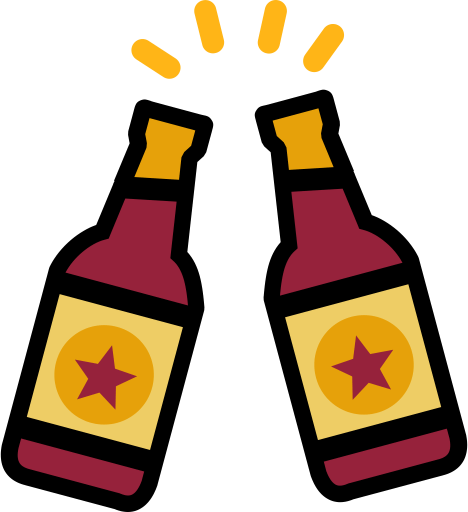

The article, where they say the cops rammed him off the road, that he was shot in the back of the head and that the subsequent investigation found no weapons


The article, where they say the cops rammed him off the road, that he was shot in the back of the head and that the subsequent investigation found no weapons


I’d love to know what “recently linked to a firearms incident” actually means, especially given that it seems to have been flagged by an automated system and that “firearms incident” was seen as justification to ram a car off the road and then shoot the occupant in the back before any actual threat was verified.


It’s only a stupid judicial precedent if you assume the police are there to enforce the law and help people.


Okay but no one says “shot dead black man”. It would be “shot black man dead”.


What good does this really do south africa though? Id more expect his loyalty to be to himself and his own profit than any country regardless of where he’s native.


deleted by creator


Below this comment is Harvard medical school contradicting you and saying that citric acid is effective in preventing kidney stones. Do you stand by your uneducated guess?


Then define the balance. How many seconds of efficiency is worth sacrificing 1 gram of edible potato?


Ok but it could be a raspberry pi chilling in someone’s house using utilities they already pay for anyway.


the finings will clarify for you (lol)
in all seriousness, you can’t count on 12% to be where yeast dies due to alcohol. Some yeast tolerates up to 20%, and even strains that are marked to 12% could overperform a bit. What that means is, if you follow these directions, you very well could wake your yeast back up and end up building pressure in the bottles. This could cause them to explode and fling mead everywhere (hence, painting your ceiling). The only ways you can count on to be able to backsweeten without risk of reactivating the yeast culture are chemical (potassium metabisulfate and potassium sorbate) or pasteurizing before backsweetening. Since you said you don’t want to go the chemical route, pasteurization is the best way to go.


I would absolutely not do this, it’s a fast way to paint your ceiling.


alcoholo tolerance varies greatly species to species and if you’re brewing so strong that yeast dies of alcohol exposure you’re going to introduce tons of off flavors.


pasteurization then sweetening is your answer here if you don’t want to use the standard potassium sorbate and potassium metabisulfate. Sometimes when I want to bottle carb something and then backsweeten it I’ll just bottle carb it as per usual and serve it with simple syrup as well (if you fancy this is a lovely time to add fresh herbs too)


Minimal. The only real difference is that the juice you make cider from is already at the right concentration to brew unless you’re buying concentrates, so you won’t have to worry about water treatment or anything like that. You already know how to measure gravity and calculate abv (or you don’t care). Add-ins like hops or herbs work the same. You should be able to transition pretty seamlessly to ciders and even wines. It’s beers that can be a bit more difficult and involved because they have a cook step.


It almost always ends on an FG of about .990. So, low carb compared to other brewed things that have free sugar in the final product but nothing is ever gonna make alcohol not break down the way it does in the body.


It’s a good day to be a cider nerd, I get gluten free and low carb right out of the box!
How much sugar did you add to bottle carb? I’ve found about 1 oz/gallon of table sugar hits just about right.